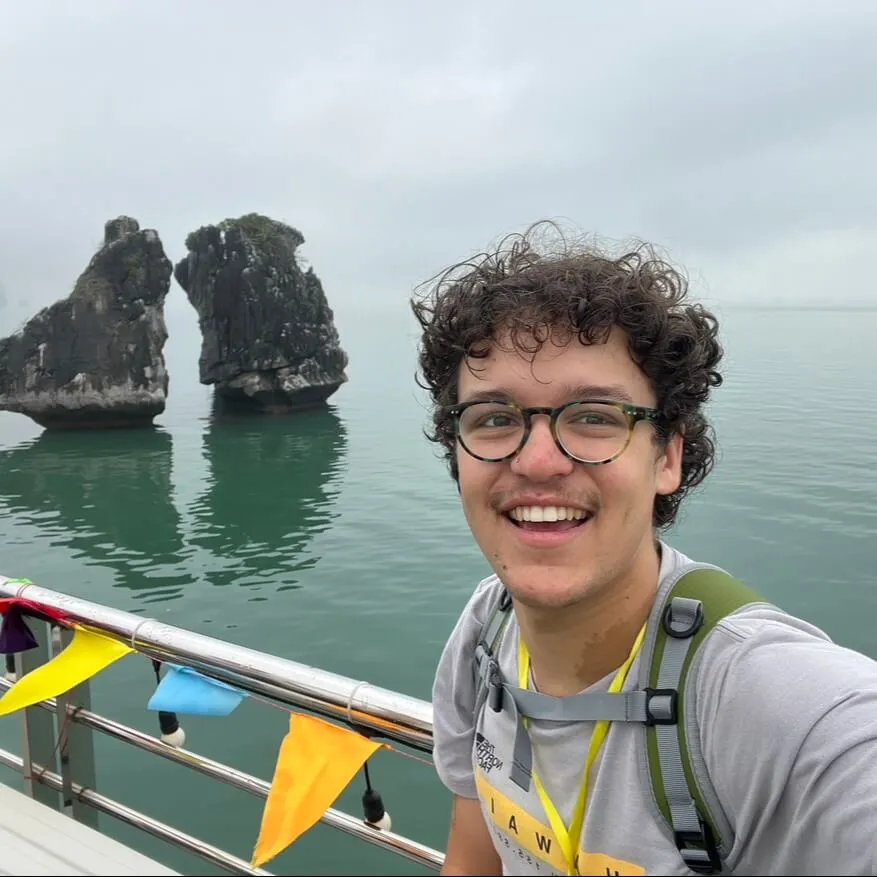Our tutors will teach Year 6 students following the Australian curriculum, ensuring they gain a deep understanding of history, geography, civics, and economics. By the end of Year 6, students explain the roles of significant people, events, and ideas in shaping Australian Federation, democracy, and citizenship. They analyse the causes and effects of migration to Australia and the geographical diversity of places, including interconnections with other countries. Students understand the functions of Australia's government institutions and evaluate consumer choices. They develop skills in questioning, gathering information, interpreting data, and presenting evidence-based conclusions.
History:
Year 6 students learn about the key individuals and events that led to Australia's Federation, the formation of the Constitution, and the development of democracy. They explore how political changes have influenced citizenship, especially for First Nations Australians, migrants, women, and children. Students also study migration patterns since Federation, examining push and pull factors, and the impact of different cultural groups on Australia's social and economic development.
Geography:
Students examine the geographical diversity of the Asia region, including the differences in environments, populations, and cultural practices. They study how Australia’s connections with other countries influence people, places, and the environment, focusing on trade, migration, tourism, and aid. They use maps and digital tools to explore these interconnections and the implications for global relationships.
Civics and Citizenship:
Students investigate the key institutions of Australia’s government, such as the role of the monarchy, the parliament, and the courts, and compare them with other systems like the Westminster system. They explore the responsibilities of local, state, and federal governments, learning about how laws are created and enforced. They also discuss the core values of democracy, such as freedom of speech and equality, and how citizens can participate in civic life.
Economics and Business:
Students explore what influences consumer choices and how these decisions can impact personal and community well-being. They learn strategies for making informed consumer and financial choices, such as budgeting, saving, and comparing products. They also investigate the role of businesses in providing goods and services and the impact of these on local communities.
Skills:
Students develop their inquiry skills by posing questions about historical events, geographical changes, and civic responsibilities. They collect and analyse information from a variety of sources, such as maps, primary documents, and digital data. They evaluate the reliability of sources and draw conclusions based on evidence, proposing actions for community and environmental issues. Students present their findings using appropriate formats, such as reports, presentations, and annotated maps, applying subject-specific terminology.
%20(1).webp)







.webp)
.webp)
.webp)













.webp)




.webp)



.webp)




















































.webp)
.webp)
.webp)








.webp.crdownload-p-500%20(1).webp)
.webp)
.webp)
.webp)
.webp)

%20(1)%20(1)%20(1).webp)
.webp)





.png)
.png)
-min.webp)
